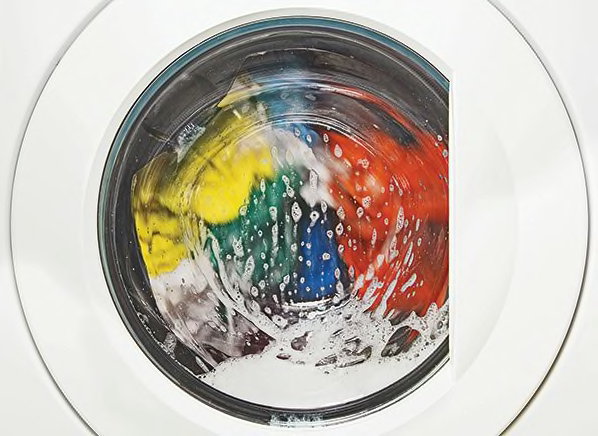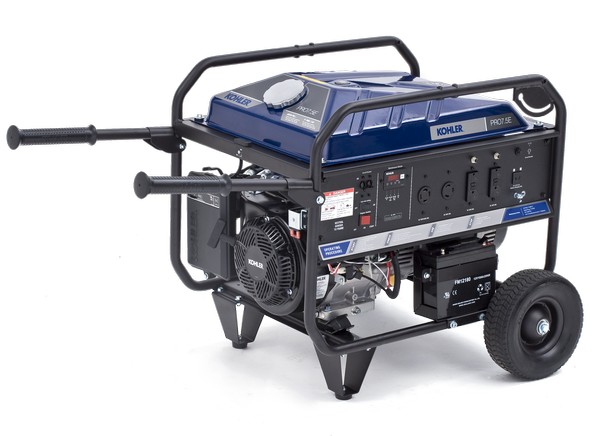Sign In

In today's ultra-competitive retail marketplace, price-matching and price-adjustment policies can help you get the best deal. But you may have to jump through some hoops first.
With a price match or guarantee, a retailer promises to match a competitor's current price for the same item. Some merchants go further, beating the price by a certain amount, typically 10 percent. Even better, if you buy something and find it for less within a week or two, some retailers will pay you the difference and, in some cases, give you a little something extra. A price-adjustment policy generally means that the retailer will refund the difference if it drops the price on something you purchased there in the last 14 to 30 days.
Several major retailers offer both types of policies. Some retailers, like Amazon.com, don't have either. Others have one but not the other; for example, Banana Republic and Ann Taylor, which sell their own brands, have only price-adjustment policies. Of course, there are loopholes, so you need to read the fine print, which you can generally find on the company's Web site. If the retailer doesn't say what its policy is, as we found in some cases, ask before you buy. Here's what you need to know:
Some retailers match prices of local merchants only, the definition of which can be fuzzy. Target, for instance, says the retailer must be in the same market area, defined as "a city, a metropolitan area, or a specific rural region." Many walk-in retailers won't match online or online-only prices, while some Web-based merchants match only online prices. Some walk-in stores won't match their own online prices. Walmart goes even further, saying it won't match other Walmart stores.
You typically must present an ad or other document, often in its entirety. If you present a photocopy or the offer itself cut out of a circular, you may be out of luck. The same may be true for electronic copies. "Photos, photocopies, or mobile-phone versions of the ad cannot be accepted as verification of competitive pricing," the Target policy says. The ad you present typically must be for the exact same model, a problem if a retailer has exclusive models that are virtually identical to ones sold by competitors except for the model name or number. And price matching is out if you negotiate a price or if the price isn't actually advertised anywhere (for example, if a store won't reveal the price unless you call or put the item in your online shopping cart).
Stores typically won't match services, including labor and installation; discontinued and damaged items; and certain brands. One retailer excludes Apple products, for example. Sears will only match the prices from Kmart and other Sears Holdings companies, and will not provide the extra 10 percent, as it does for other retailers.
To match a competitor's price, most stores require that the competing retailer have the product in stock, and they may check to make sure. Sears provides some wiggle room, expanding the definition of "in stock" to include items that can be delivered within seven days. But it doesn't match items that are available in limited quantities.
Some price-match policies, such as Best Buy's, specifically exclude sale prices you'll find on or immediately after Thanksgiving. Many also exclude prices from grand openings, liquidations, stores anniversaries, clearance sales, and other special events.
If you buy an item and later find it for less, you might be able to recoup the difference even without a price-adjustment policy by simply returning the item and repurchasing it at the sale price. For example, Target's price-adjustment policy lasts seven days, but its general return policy is 90 days. If you haven't used the item and still have the packaging, return it and then take advantage of the lower-price offer.
Another option may be the priceprotection coverage that comes with some credit cards. For example, if you find an item at a lower price within 60 days of purchasing it, some Citibank credit cards will reimburse you for the difference, up to $250. Of course, that policy has its own limitations: Certain products and Internet purchases are excluded.
Here are some retailers' price-match policies, which may not apply to their Web sites. Check out www.priceprotectr.com/retailers.jsp for other store policies.
| STORE | PRICE-MATCHING POLICY BEFORE PURCHASE | PRICE-MATCHING POLICY AFTER PURCHASE | |
|---|---|---|---|
| If store lowers price | If competitor beats price | ||
| Home Depot | Will beat competitor's price by 10% | Will refund difference within 90 days | Leaves it up to store manager's discretion |
| Lowe's | Will beat competitor's price by 10% and match competitor's percent-off offers | Leaves it up to store manager's discretion | Leaves it up to store manager's discretion |
| Sears | Will beat competitor's price by 10% | Will refund difference within 14 days | Will refund difference plus 10% within 14 days |
| Target | Will match competitor's price | Will refund difference within 7 days on non-clearance items | Will refund difference within 7 days |
| Walmart | Will match competitor's price | Will refund difference within 7 days | Ask store manager |
This article appeared in Consumer Reports Money Adviser.
 WASHING MACHINE REVIEWS
WASHING MACHINE REVIEWS GENERATOR REVIEWS
GENERATOR REVIEWS
 Build & Buy Car Buying Service
Build & Buy Car Buying Service
Save thousands off MSRP with upfront dealer pricing information and a transparent car buying experience.
 Get Ratings on the go and compare
Get Ratings on the go and compare
while you shop